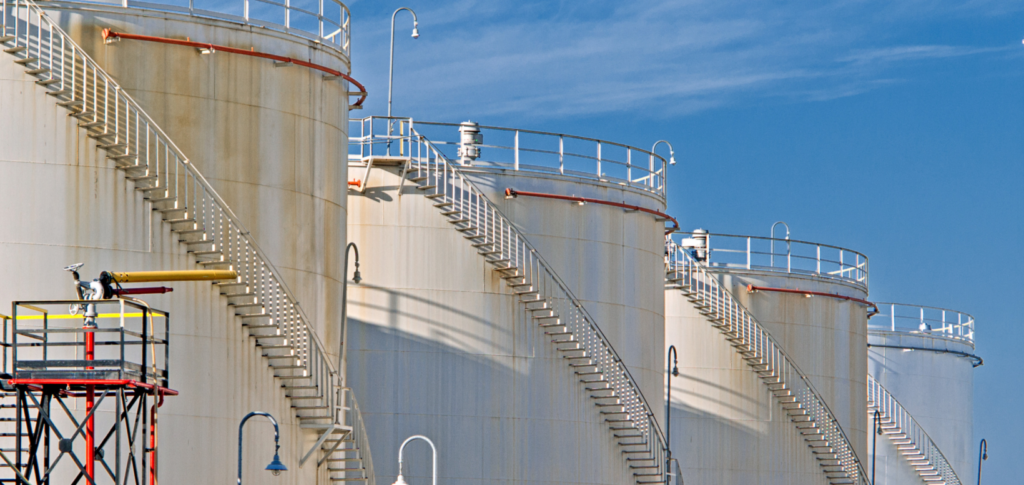The IEA predicts in its annual oil market report that oil demand growth will slow significantly over the next five years.
ADVERTISING
“The transition to a clean energy economy is accelerating, with a peak in global oil demand expected before the end of this decade as electric vehicles, energy efficiency and other technologies advance,” said the executive director of AIE, Fatih Birol, in a statement.
In the 2023 report, a market study for the next five years, the IEA projects that global oil demand will continue to increase, but that expansion “is expected to slow down significantly by 2028”.
Estimates point to the peak in demand being earlier than predicted in previous reports. In the 2022 “World Energy Outlook” document, the IEA had projected an “advancement in global oil demand, despite high prices, with a peak and stabilization after 2035”.
ADVERTISING
But the energy crisis that began during the post-pandemic recovery in 2021, worsened by the war in Ukraine in 2022, affected forecasts.
“High energy prices and supply security problems highlighted by the global energy crisis”, worsened by the conflict in Ukraine, accelerate the transition to cleaner energy technologies”, highlighted the IEA, which is based in Paris and is an agency autonomous organization of the Organization for Economic Co-operation and Development (OECD).
According to new forecasts, demand for gasoline will fall from 2023 onwards, and the “use of petroleum as transportation fuel should fall after 2026”.
ADVERTISING
Among OECD countries — a group of 38 nations, which includes the United States, Japan, among others — the scenario could represent a reduction in oil demand from 2024 onwards.
Investment record
But the trend will be uneven, and not all countries will adopt the same speed. Furthermore, the fall will be slowed by demand for petrochemical products, which is at its peak, and by solid consumption growth in emerging economies.
Demand growth in China, which is the world's second largest economy, will “slow down profoundly from 2024 onwards”.
ADVERTISING
“Global oil markets continue a slow 'recalibration' after three turbulent years, which were affected first by the Covid-19 pandemic and then by the Russian invasion of Ukraine,” highlighted the IEA.
In the coming months, markets “may experience considerable tension” as a result of “production cuts by the OPEC+ alliance”, led by Saudi Arabia and Russia — which aims to raise prices —, states the study, which projects that pressure may “decrease in the coming years”.
Despite the expected slowdown in demand, global investments in oil and gas exploration, extraction and production “are on track to reach the highest levels since 2015”, with an annual increase of 11%, to US$528 billion in 2023.
ADVERTISING
Read more:




